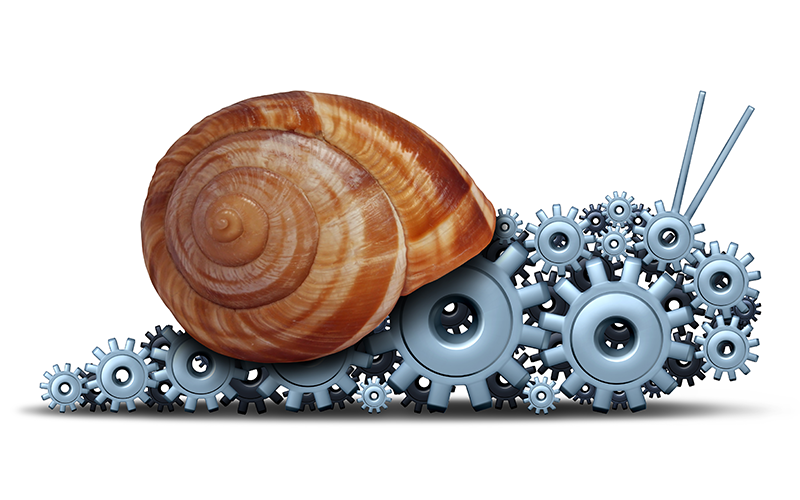Marked slowdown but not recession, says behavioural economist

Behavioural economist Roger Martin-Fagg spoke to an Elite Leaders audience.
The first quarter of 2023 could see “a marked slowdown” in the economy, with a 40% chance of a recession beginning in the third quarter of next year, behavioural economist Roger Martin-Fagg has predicted.
But a tax-cutting stimulus, a likely prospect as 2024 is an election year, could counter those economic challenges, Martin-Fagg has recently told an Elite Leaders audience.
The UK is not currently in recession, he said, and will not be in one through 2022, he said. Even the slowdown in early 2023 does not reflect a recession, he emphasised.
“I expect a marked slowdown,” he said. “That’s not a recession.”
He added: “There will not be a recession this year, unless the media talk us into it… We are being totally misled by the media.”
In a wide-ranging talk, Martin-Fagg noted that investment in the UK has “basically gone nowhere” since 2016, the year that the UK voted to leave the European Union. Productivity has fallen since 2009, when “we were doing well. Our productivity was the second best in the G7. Since 2009, we’ve dropped back and now we are just ahead of Italy. This is because of underinvestment – simple, simple, simple”, he said.
His key points included:
- Political certainty, not corporation taxes or interest rates, determines investment spending.
- “Any data you got between the beginning of 2022 and now, you should disregard its noise. It’s not normal. Do not do a business plan on the basis of the last two years because it won’t happen unless we have Covid all over again.”
- “The great thing about recessions is they get rid of zombie businesses. And those businesses are actually commanding scarce resources, people. So a recession is where you clean out the stable. It’s not a bad thing.”
DeeDee Doke, Editor
Image credit | Shutterstock




